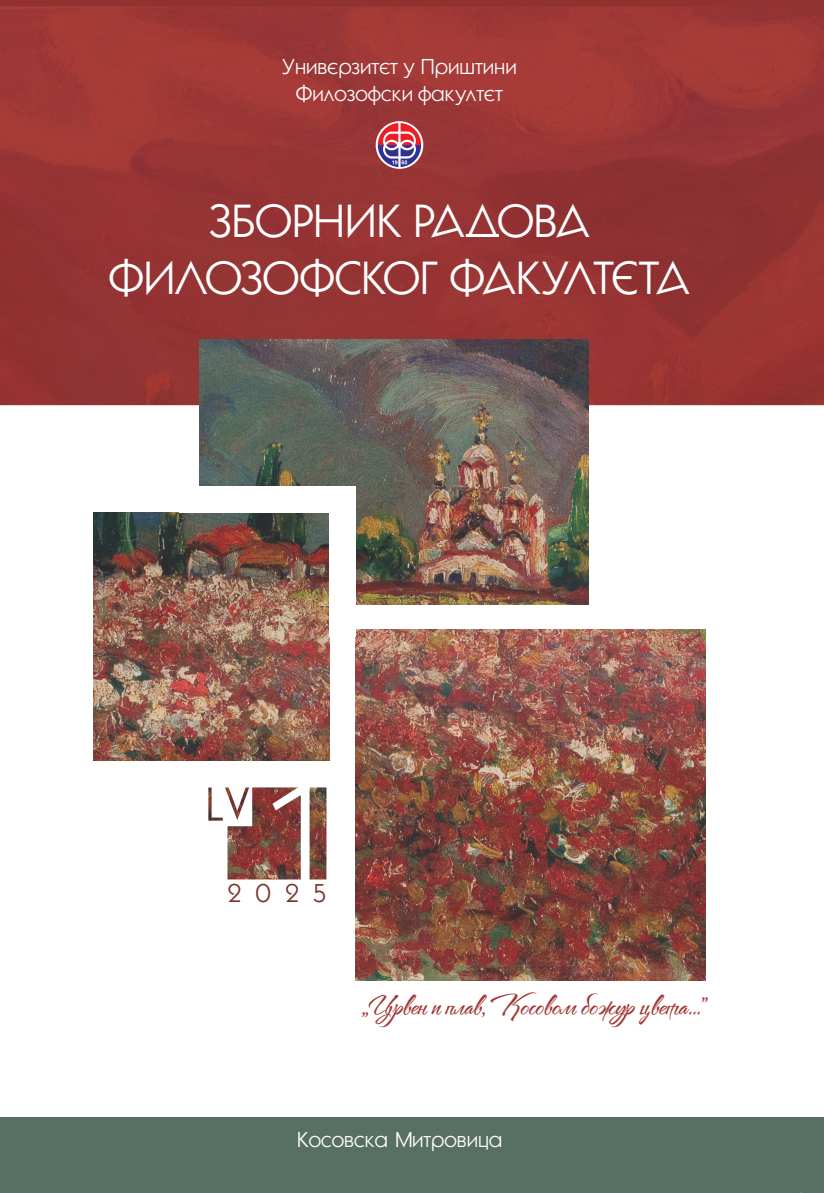Квалитет односа са сиблинзима у адолесценцији и одраслом добу
The Quality of Relationships with Siblings in Adolescence and Adulthood
Author(s): Jelena Lj. Minić, Anđela Keljanović, Draginja Z. PavlovićSubject(s): Psychology
Published by: Филозофски факултет, Универзитет у Приштини
Keywords: quality relationship; siblings; adolescence; adulthood.
Summary/Abstract: The study examined the quality of sibling relationships on a sample of 125 adolescents and 125 adult respondents. In this research, the Quality of Siblings’ Relationship Questionnaire (KOBS) and a general questionnaire were used. Bearing in mind that the relationship with siblings is one of the primary relationships within the family system, we tried to examine some of the variables that determine this relationship. The results showed that female adolescents have higher scores than male adolescents on the subscales of intimacy, love, admiration, and emotional support. Adolescents with two siblings have higher scores on the variables of instrumental support and paternal favouring compared to adolescents with one sibling. Adults with two siblings have higher scores on the variable of dominance compared to those with one sibling. When it comes to the quality of sibling relationships, adolescents have higher scores on the subscales of quarrel, antagonism, dominance, similarity, intimacy, love, admiration, emotional support, instrumental support, acceptance, and knowledge compared to adult respondents.The obtained results serve as guidelines for continuing research on this issue, with significant recommendations for future research and practical work with persons of different ages. The results obtained in this research can contribute to a better understanding of the quality of relationships with siblings, highlighting its importance in different phases of an individual’s life cycle. Considering the importance of the sibling subsystem within the family system, its complexity, as well as the multiple effects of the quality of that relationship on the development and general functioning of an individual in different developmental periods, it is important to continue researching this issue.We can consider the obtained results as key guidelines for continuing research on this issue, with the inclusion of various variables such as parenting styles, patterns of affective attachment, family satisfaction, parental education, personality traits, and quality of life. Among the important recommendations for future research is the importance of including the birth order of the respondents and specifying whether it is a brother-brother, sister-sister, or sister-brother relationship. It would be significant to give preference to longitudinal research to monitor whether the quality of the relationship with siblings changes during different phases of an individual’s life cycle and examine the importance that an individual attaches to this relationship for functioning in different spheres of life, as well as the possibilities for its improvement.
Journal: Зборник радова Филозофског факултета у Приштини
- Issue Year: 55/2025
- Issue No: 1
- Page Range: 315-331
- Page Count: 17
- Language: Serbian

